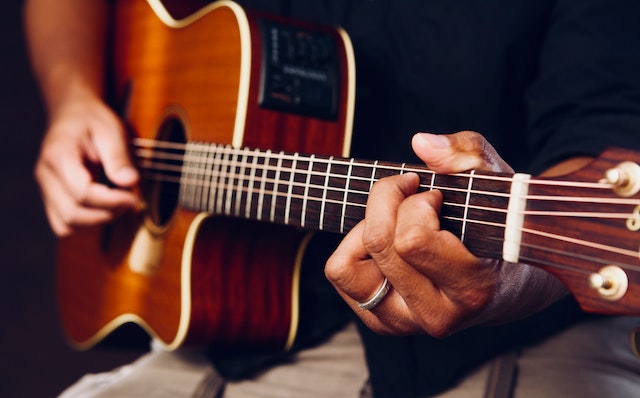Whether you’re a singer, songwriter, or someone who loves mixing beats, understanding how to protect your musical creations is vital. If you’re a musician just emerging in the music industry, it’s essential to understand your rights as an artist. The following blog explores what you must know about copyright laws and the music industry and how copyright infringement lawyers can help you protect the content you’ve created through your passion for music.
What Works Are Protected?
As a musician, when you create a song, you are generally creating two separate protected works.
The first protected content is a musical work, which is the composition of the song. This includes the beats, lyrics, and instrumentals. Composers and songwriters are generally credited as the creator of musical works.
When someone makes a recording of the song, this is an additional protected work. Sometimes referred to as a master, the recording of the song is often owned by the producer. However, if you’re an independent artist, you will likely own both the copyright and the masters.
How Can I Register My Work as a Musician?
It’s important to understand that upon creation, your work is protected. However, there are additional measures you can take to protect your work. You’ll want to register your work with the U.S. Copyright Office, as this is necessary if you want to file an infringement lawsuit.
It’s also helpful to know that, unlike other creations, you don’t have to register all songs one at a time. Instead, you can submit a group registration of works on an album of music, which allows you to register up to twenty songs at a time, along with any cover art or additional graphics on the album.
If you have a stage name or band name, you should also consider trademarking it, which can help ensure you are easily identified as an artist.
What Should I Do if Someone Uses My Work Without Permission?
If you have reason to believe that someone is using your musical work or sound recording without your consent, it’s essential to understand how to proceed. You must first determine whether or not the use of your music constitutes Fair Use, which allows others to use work so long that it is transformative in nature.
However, if it’s determined that the use of your music was unlawful, such as a company stealing your song to use in a commercial without licensing or permission, you can pursue compensation. It’s necessary to contact an experienced attorney immediately after you discover the infringement upon your work.
When you need assistance holding a thief accountable, CopyCat Legal is ready to help. Our dedicated legal team knows that it can be devastating to discover someone has used the music you created for their own personal gain without ensuring you get the credit or compensation you are entitled to. Contact us today to learn how we can assist you through this process.

